Experts mull modern logistics trends
Khuat Quang Hung, director of Corporate Affairs, Nestlé Vietnam
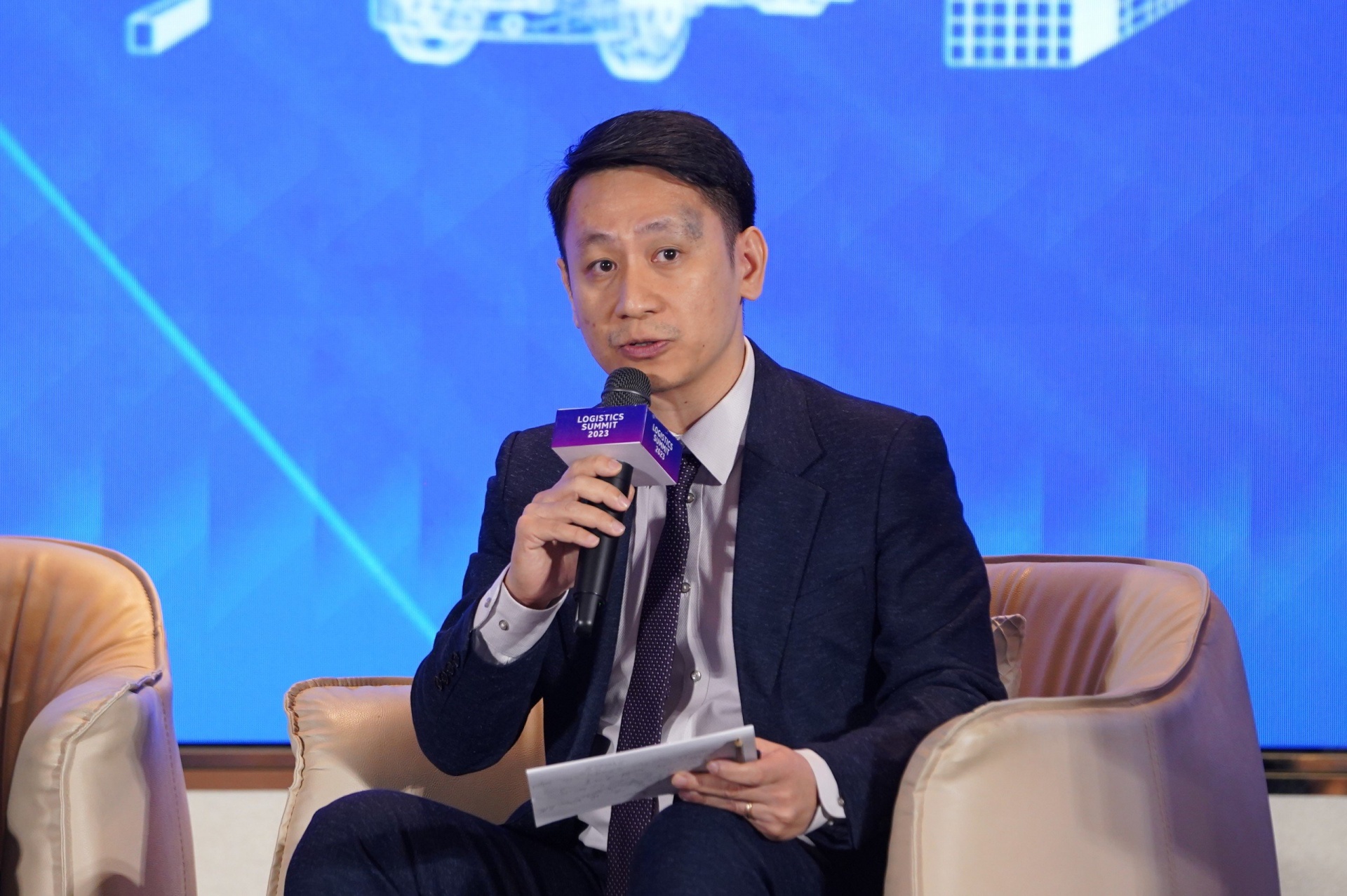 |
Sustainable development is no longer a future trend. Indeed, sustainable development has become a matter of today. It is a requirement for every business, and the logistics industry in particular.
As the world's largest food and beverage group, Néstle has made its presence in Vietnam since 1995. The company always sets sustainable development as a standard in its production, business, and supply chain activities.
Our approach to sustainability is wide-ranging, underpinned by commitments to strive for net-zero emissions and deforestation-free supply chains and to advance regenerative agriculture at scale. Alongside, we are committed to improving water stewardship, developing better packaging with improved circularity, creating opportunities for young people and building a diverse and inclusive workforce.
Mai Hoang, co-founder and CEO of GHN Logistics
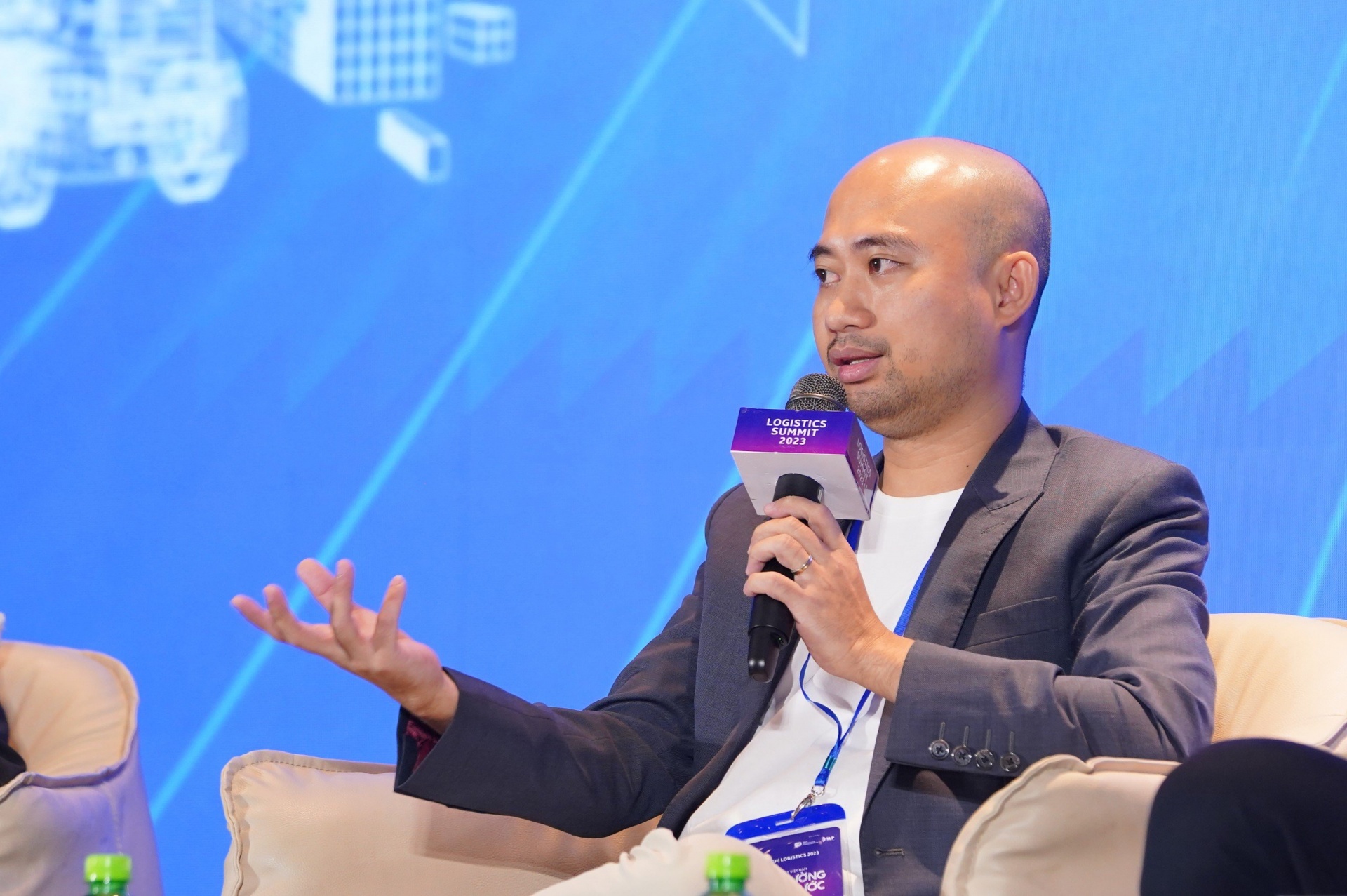 |
E-commerce sellers are making efforts to reduce shipping prices to the lowest level. To facilitate the goal, businesses are applying software technology and improving human productivity to cut costs.
It is worth noting that land has become scarce around the downtown of Ho Chi Minh City. That is the reason why GHN chose SLP's warehouse in Xuyen A. Although the warehouse has yet to achieve its full capacity, GHN still rents this warehouse cluster of up to 50,000 square metres. The company has also applied technology to minimise risks and improve delivery speed.
In addition, e-commerce is a unique industry due to the daily changes in demand between in-person and online shopping. However, the e-commerce industry still records a growth rate of 20–30 per cent. Therefore, GHN always makes investments in the central warehouse to accommodate future demand.
Truong Bui, partner and general director of Roland Berger
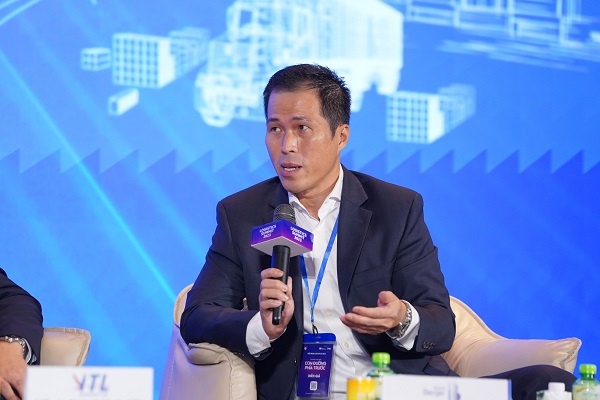 |
Businesses must promote the use of technology and digital transformation to successfully achieve their objectives in the last-mile delivery sector.
Accordingly, technology can reduce 15-25 per cent of the last-mile delivery costs for businesses. However, if Vietnamese businesses want to adopt any technology, they need to have a clear and comprehensive strategy on how to reduce costs to the lowest level. In terms of capacity, businesses must know how to take advantage of customer databases to create the best experience for users.
In addition, businesses must bring technology from abroad to Vietnam. However, they need to make adjustments to apply the technology to the domestic market so that they can achieve success in last-mile delivery. Also, businesses should have specific roadmaps to manage operating costs to improve competitiveness in the market.
Sam Tan, head of New Product Introduction at UB Malaysia
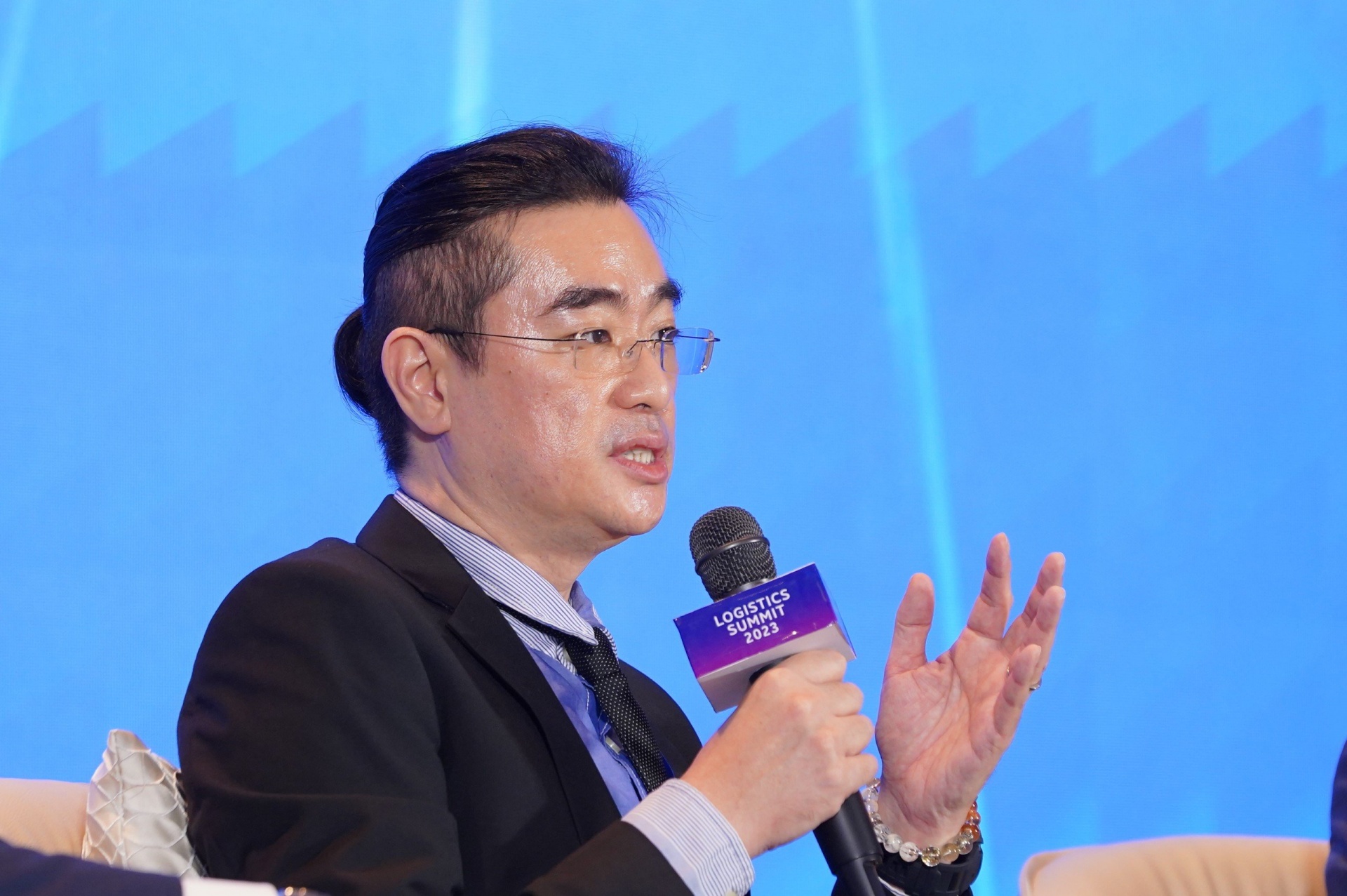 |
Malaysia is strongly moving towards automation. We also have some very valuable lessons and experiences from applying and deploying automation technology in recent times.
The automation trend started since 20 years ago. This trend is now rapidly gaining traction. However, we are unable to use the most cutting-edge technologies right away. Businesses must have a learning curve to adopt a certain technology. They need to evaluate the level, feasibility and other factors to ensure the adoption in line with reality.
The next step is educating people how to use the technology and gauge the efficiency and success. In addition, when using AI, we also need to consider how the digitalisation process will go. We must comprehend the nature of data. Currently, many firms are not taking this issue very seriously.
Alexander Olsen, vice president of Freight Management & Commercial at ITL
 |
We are implementing many initiatives to pursue sustainable development in warehouses, energy, and electric vehicles (EVs). In particular, ITL is building an EV fleet. However, in Vietnam, there are not many EV sellers while the infrastructure for such vehicles is not yet developed, making it difficult to use EVs.
In addition, if you want to build an electric charging station, you must apply for permission from many agencies and follow several steps. Thus, developing infrastructure and charging stations remain a big problem.
To promote sustainable development, Vietnam should unlock the great potential of river and sea transport, in which the use of barges will help save costs and reduce environmental pollution. In addition, it is also possible to optimise the costs by using renewable energy.
What the stars mean:
★ Poor ★ ★ Promising ★★★ Good ★★★★ Very good ★★★★★ Exceptional
Related Contents
Latest News
More News
- A golden time to shine within ASEAN (February 19, 2026 | 20:22)
- Vietnam’s pivotal year for advancing sustainability (February 19, 2026 | 08:44)
- Strengthening the core role of industry and trade (February 19, 2026 | 08:35)
- Future orientations for healthcare improvements (February 19, 2026 | 08:29)
- Infrastructure orientations suitable for a new chapter (February 19, 2026 | 08:15)
- Innovation breakthroughs that can elevate the nation (February 19, 2026 | 08:08)
- ABB Robotics hosts SOMA Value Provider Conference in Vietnam (February 19, 2026 | 08:00)
- Entire financial sector steps firmly into a new spring (February 17, 2026 | 13:40)
- Digital security fundamental for better and faster decision-making (February 13, 2026 | 10:50)
- Aircraft makers urge out-the-box thinking (February 13, 2026 | 10:39)



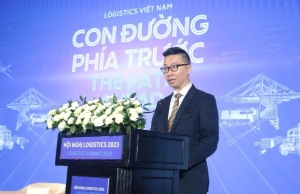
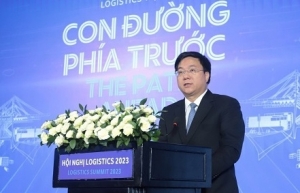
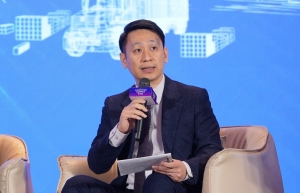

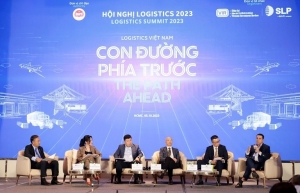
 Tag:
Tag:













 Mobile Version
Mobile Version